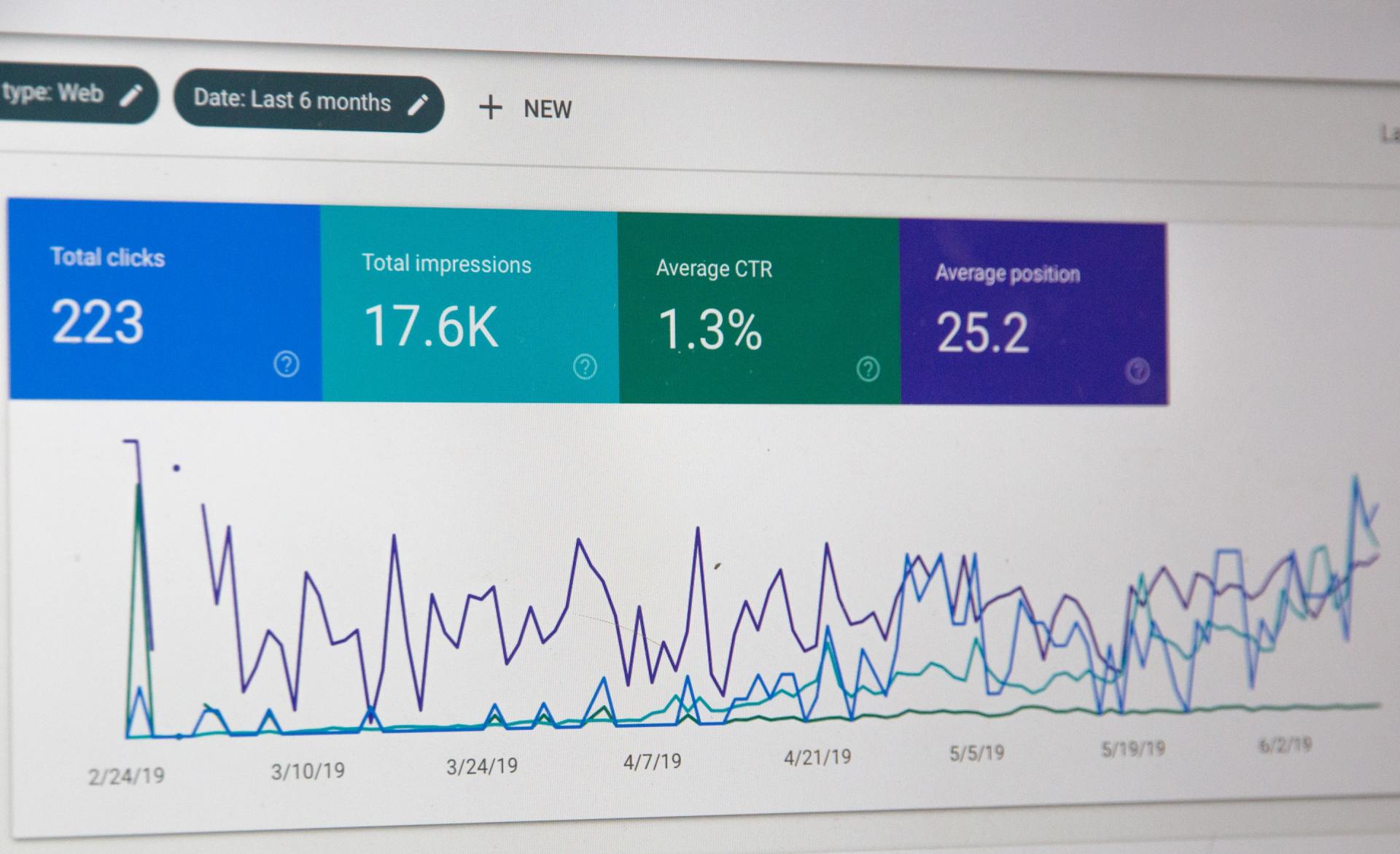Top 10 Technologies To Learn In 2023
The pandemic has changed our lives in a whole new way. We are all relying on technology a lot more, so what better way to make use of the new way of life than to learn as much as we can about modern technologies.

That's why in this article, we're talking about
the top 10 technologies you should know in 2023.
So let's get started with number 10
Number 10: Blockchain
Blockchain is the tech behind Bitcoin, but it has so much more to offer than just cryptocurrencies. Blockchain has become one of the most prominent combatants to deep fakes and fake news by fingerprinting the video at the source. The system leaves a digital footprint that can be traced easily. Blockchain is being widely adopted for transactions mainly because it removes the need for an intermediary and improves security.
Organizations like Darpa, Axiom, Factom, and Axiom Enterprises are currently working on several Blockchain applications. As of 2020, the global blockchain market is expected to grow from 3 billion dollars in
2020 all the way to 39.7 billion dollars by the year 2025. To learn Blockchain, you need to be experienced with programming languages like the fundamentals of OOPS, flat and relational databases, data structures, and web app development and networking.

Number 9: Quantum Computing
Next up is Quantum Computing, a form of computing that takes advantage of quantum phenomena like superposition and quantum entanglement. It is also most recently involved in preventing the spread of coronavirus and developing potential vaccines. This is mainly because of its ability to easily monitor, analyze, query, and act on data regardless of the source.
In banking and finance, quantum computing can assist in the management of credit risk. In high-frequency trading and fraud detection, quantum computers are thousands of times faster than regular computers. Organizations like Splunk, Google, Microsoft, Honeywell, AWS, and many others are now involved in making innovations in the field of quantum computing.
By 2029, the revenues for the global quantum computing market are projected
to surpass 2.5 billion dollars. If you want to learn quantum computing, you need experience with:
- Quantum mechanics
- Linear algebra
- Probability
- Information theory
- Machine learning
Number 8: 5G
4G and 3G technology have provided us with the ability to browse the internet, use data-driven services, increase bandwidths for streaming on Netflix, YouTube, Spotify, and so much more.
In a similar fashion, 5G technology and services are expected to transform our day-to-day lives. 5G is enabling services that rely on advanced technologies like AR and VR alongside cloud-based gaming services like Nvidia Geforce Now and Google Stadia, and so much more.
This new technology is expected to be used in various areas like factories, HD cameras that improve safety and traffic management, smart grid control, and smart retail. Almost every telecom company like Verizon, T-mobile, Apple, Nokia Corp, and Qualcomm are currently working on creating 5G applications.
Predictions are that 5G services will launch worldwide in about 30 countries with more than than 50 operators by the end of 2021.
Number 7: The Internet of Things (IoT)
IoT is likely to evolve into the intelligence of things as more devices become AI-enabled. We expect to see significant growth in IoT software and hardware applications thanks to remote access demand, changing industry dynamics, and economic stimulus.
Smart manufacturing and healthcare are expected to adopt IoT in a wave that will bring about industry 4.0. AI-enabled medical IoT devices can have applications in:
- Clinical decision-making
- Thermal image recognition
- Surgical Assistance
- Smart clinics
- Telemedicine centers
Companies like SAP, Huawei, Siemens, IBM, and Cisco are now all working on creating new IoT applications. It is expected that there will be over 35 billion IOT devices installed globally by 2021 and 75.44 billion by 2025.
For you to get started with IoT, you need to learn about information security, machine learning and AI, networking, hardware interfacing, business intelligence tools, and UX slash UI design.

Number 6: Cyber Security
Given the current and future online environment, cyber security is going to be a significant focus for many organizations. There is likely to be an increase in protecting smaller organizations from cyber attacks. The focus will be on:
- Protecting the identities and devices of remote workers
- Preventing access to confidential patient records
- Protecting smart supply chains, to name a few
The need for proper cyber security is so high that according to Cyber Crime Magazine, 6 trillion dollars will be spent globally on cyber security by the end of 2021. Some major players within this industry include; Fortinet, Microsoft, Cisco, Splunk, Palo Alto Networks, to name a few.
To get started with cyber security, you'll need skills like IT and network fundamentals, coding skills, cloud security, and malware analysis.
Number 5: Augmented Virtuality and Extended Reality (AR, VR)
In 2021 we should see these forms of technologies being further integrated into our lives, mainly working together with some of the other technologies we've mentioned in the list.
AR and VR are expected to play a significant role in the healthcare industry by providing training simulations to assist medical professionals and for opticians to perform eye tests. These technologies might also play a massive role in the educational sector by improving interactivity.
The VR video and gaming market is expected to grow to 2.9 and 2 billion in 2021, respectively. Companies like Microsoft, Snap, AT&T, and Nexus Studios are some of the major players working towards AR and VR.
To get started, you need skills like:
- Software development,
- AR, VRmaintenance support
- Design/graphics
- Hardware engineering
Number 4: DARQ
At number four, we have Darq, an emerging technology on which several significant industries have set their sights.
Darq technology combines distributed ledger technology, artificial intelligence, extended reality, and quantum computing. Accenture (who is responsible for creating Darq) believes that these technologies combined could have an enormous impact on technology as a whole.
Darq is mainly focused on the healthcare industry where it is expected to have several benefits such as:
- Cheaper cost of care
- Improved labor productivity
- Better experiences for consumers and partners
However, only a few organizations have started taking advantage of this technology because it's currently in development. To be proficient in Darq, you'll need skills related to each of its contributing technologies like DLT, AI, XR, and Quantum Computing.
Number 3: As-A-Service
As-a-service cloud services are expected to offer even more benefits and make the technology like robotics and AI accessible to every business.
Thanks to corporations like Google, Amazon, Microsoft, and several startups and innovators, cutting-edge technology is accessible to everyone with little investment. Serverless computing is also becoming popular. It gives users a platform to work on the core product without the hassle of operating and managing the servers.
Hybrid cloud services are expected to grow thanks to their speed, ease of control, and security options. Global IAAS, PAAS, and SAAS markets are expected to grow to 81 billion dollars, 72 billion dollars, and 140.6 billion dollars, respectively.
If you want to tap into this industry, you'll need to have an understanding of concepts like:
- The different cloud computing platforms
- Programming languages
- Specialized services that belong to compute
- Storage
- Database domains
Number 2: Automation
There is an increasing number of potential cases and initiatives towards self-driving vehicles, such that civic authorities and many other organizations worldwide will be focusing on automation.
Automation ensures that the cost of human labor is reduced and handles customer demand. There might also be an increase in the adoption of robots in the care and assisted living industries. We could see robotic devices providing companionship to elderly people and drones being used for the delivery of groceries, medicine, groceries, and other essential goods.
Some of the major players in the field of automation are Mistubishi Siemens and Honeywell. To learn automation, you will need skills like:
- Scripting and Programming
- Configuration management software
- Knowledge of testing tools and so on
Number 1: Artificial Intelligence
And finally, the top technology you should get involved in is Artificial Intelligence (AI). AI is an industry that's expected to see the most amount of growth in 2021. It can help interpret and understand the limitless amount of content produced.
AI has a direct impact on machine learning algorithms which would become better informed and be capable of performing much more sophisticated operations. AI is expected to be used to analyze interactions, determine underlying connections and insights. This data will improve predictions concerning the demand for services like hospitals and enable authorities to make better decisions about resource utilization.
AI can be used by businesses to detect the changing patterns of customer behavior and see the various ways they can be satisfied. Global spending on
AI and Cognitive systems is expected to reach 57.6 billion dollars by the end of 2021.
To get involved in AI, you'll need skills such as:
- Programming languages
- Linear algebra
- Probability
- Big data machine learning algorithms etc







